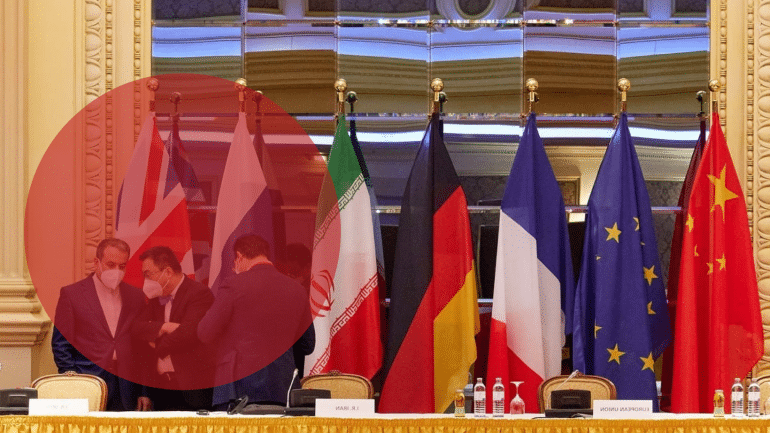
In modern democratic states, while national parliaments have an important say in the creation and outcome of decision-making procedures, the executive branch of government retains the majority of the power over decisions relating to foreign-policy and security, with certain exceptions within Europe itself.[1] The European Union, as a sui generis political system, has an interesting relationship with its own multi-national Parliament. De-facto, the European Parliament (henceforth EP) has a limited impact on foreign-policy and security decisions – one of the few policy areas left in the full competence of the Member States. However, this has not stopped the EP to affect European external affairs through policy areas that Members of the European Parliament (MEPs) do have competences in, such as trade for instance.
Prior to 2009, the EP had little legal and constitutional jurisdiction on matters of European security and foreign policy. The ratification and implementation of the Treaty of Lisbon was a landmark event for the European Union (EU), which in part saw the renegotiation of certain policy areas and the influence of European institutions grow in tandem with accountability and transparency measures over the EU Commission.[2]
POLICY PAPER | Why Should the European Parliament Acquire a Greater Role in EU External Policy?
Authored by @martin_galland
Contributed by @OezlemADemirel, @AraKovacs
and @NiccoloRinaldiFor the entire policy paper
https://t.co/Hz3RLg8tJX pic.twitter.com/U2yiPR4zTq
— Vocal Europe (@thevocaleurope) February 8, 2021
Click Here to Read the Entire Policy Paper
_________________________
[1] Udo Diedrichs, “The European Parliament in CFSP: More Than a Marginal Player?” The International Spectator 39, no. 2 (April 2004): 31–32; Anna Herranz-Surralles, “Parliamentary Oversight of EU Foreign and Security Policy: Moving Beyond the Patchwork?” Analysis 230 (January 2014): 4.
[2] Steve Peers and Marios Costa, “Accountability for Delegated and Implementing Acts after the Treaty of Lisbon,” European Law Journal 18, no. 3 (May 2012): 460.



